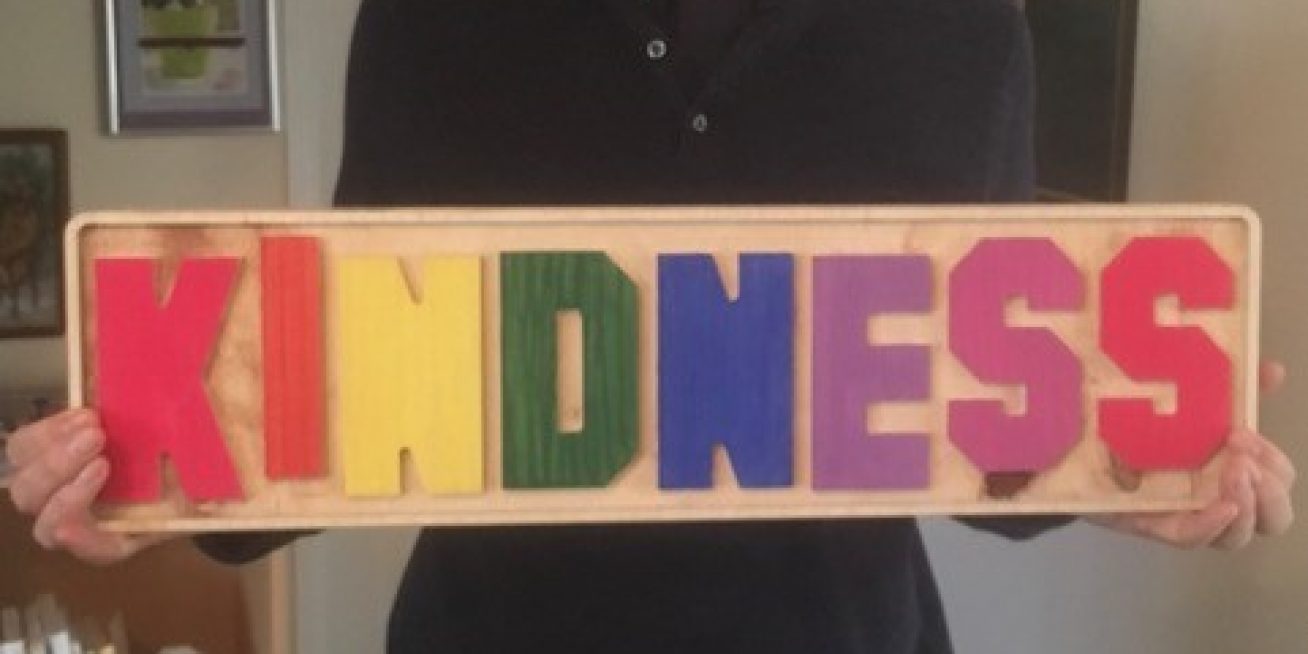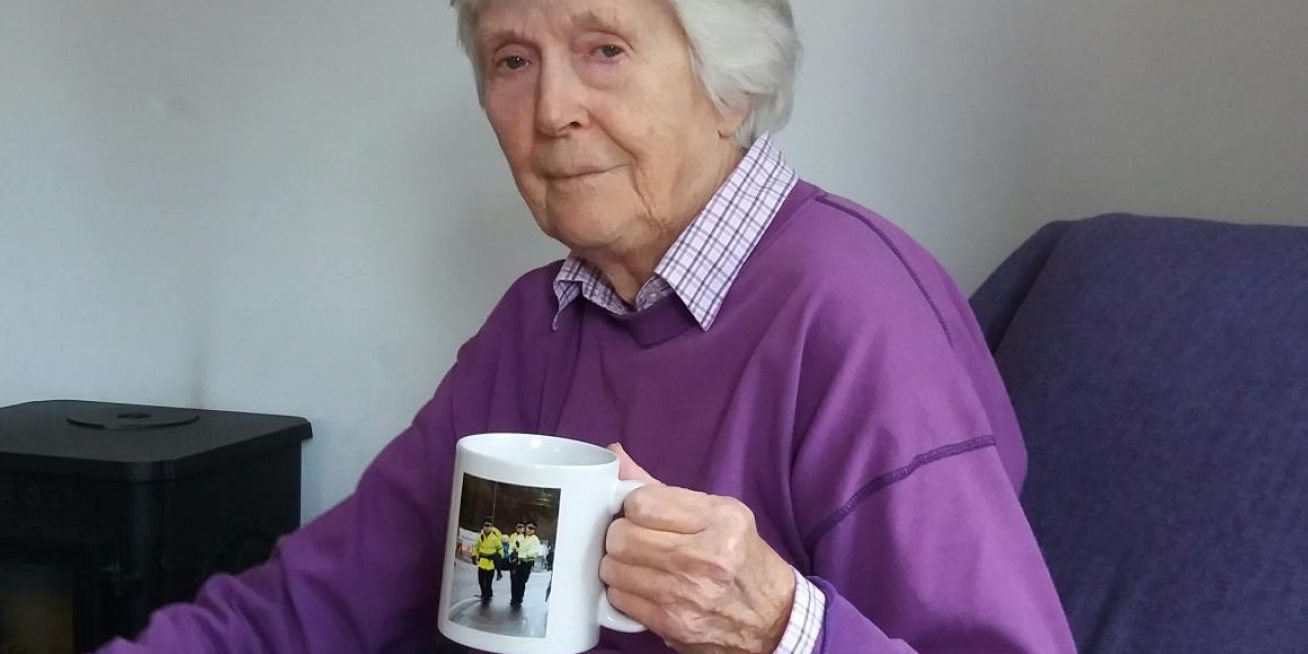How trade unions can support LGBTIQ+ people
Steven, a member of Unite The Union's LGBT Committee, outlines some of the support union officers can provide to LGBTIQ+ workers.
Interview recorded by Ross Horsley on 20.5.2019
Duration 02:42
TRANSCRIPT
INTERVIEWER: Can you give us an idea of some of the issues that LGBT people might contact the union about?STEVE: Well, there's the obvious things you would - you know - you would understand that there are cases where people are being bullied over their sexuality or they're being shamed over it, or even situations where people feel like they're not getting promotions and things like that. There's obviously situations where we need to be pushing, from our point of view, within workplaces to get policies changed. To make sure that they are more supportive and make sure that they - you know - respect people's rights.
Some of that might be to do with things like... the relationships with people - with their partner. That they're recognised by their workplace to be on certain insurances or - or etc. But on the other end of the scale you've got - you know - the difficulty that happens in occasional instances where there's a workplace... not actually engaging and getting involved with, you know, bathrooms for - for people who are transgender individuals. Um, fortunately in most cases in - in my own experience, that's usually a lack of information, and we can get involved in helping shape the policies of organisations in order that they can actually be doing the right thing. Cause it's - a lot of the time - it's ignorance from an organisation rather than actually any wilful mistreatment. But it's important to make sure that we are playing that role because, you know, some people who, um, their sexuality or their gender - you know - is different to what is considered the norm.
They might not be in a position where they speak out about it. And sometimes it's not visible. So they need - you know - often need somebody else to - to fight for them and changing policies - you know - can put their rights in place without them having to put their head above the parapet. And it - it - it does have - help that we are involved in other organisations where we can draw that information from and put things in front of companies, and say, ‘Look, this is how they do it elsewhere. This is how it can work.’ Rather than them having to come from a standing start and they're not knowing what they're doing. They've got that extra support that they're doing the right thing.
By following, you know, our guidance and us working with them it's… There's not a lot of cases of us going and - and standing outside with placards out - I know - and banging drums and... fists on tables and things. Most of the time it's sitting down, having a conversation and - and bring people round to the right way of thinking, just because they weren't aware of what was the right way of thinking previously.






